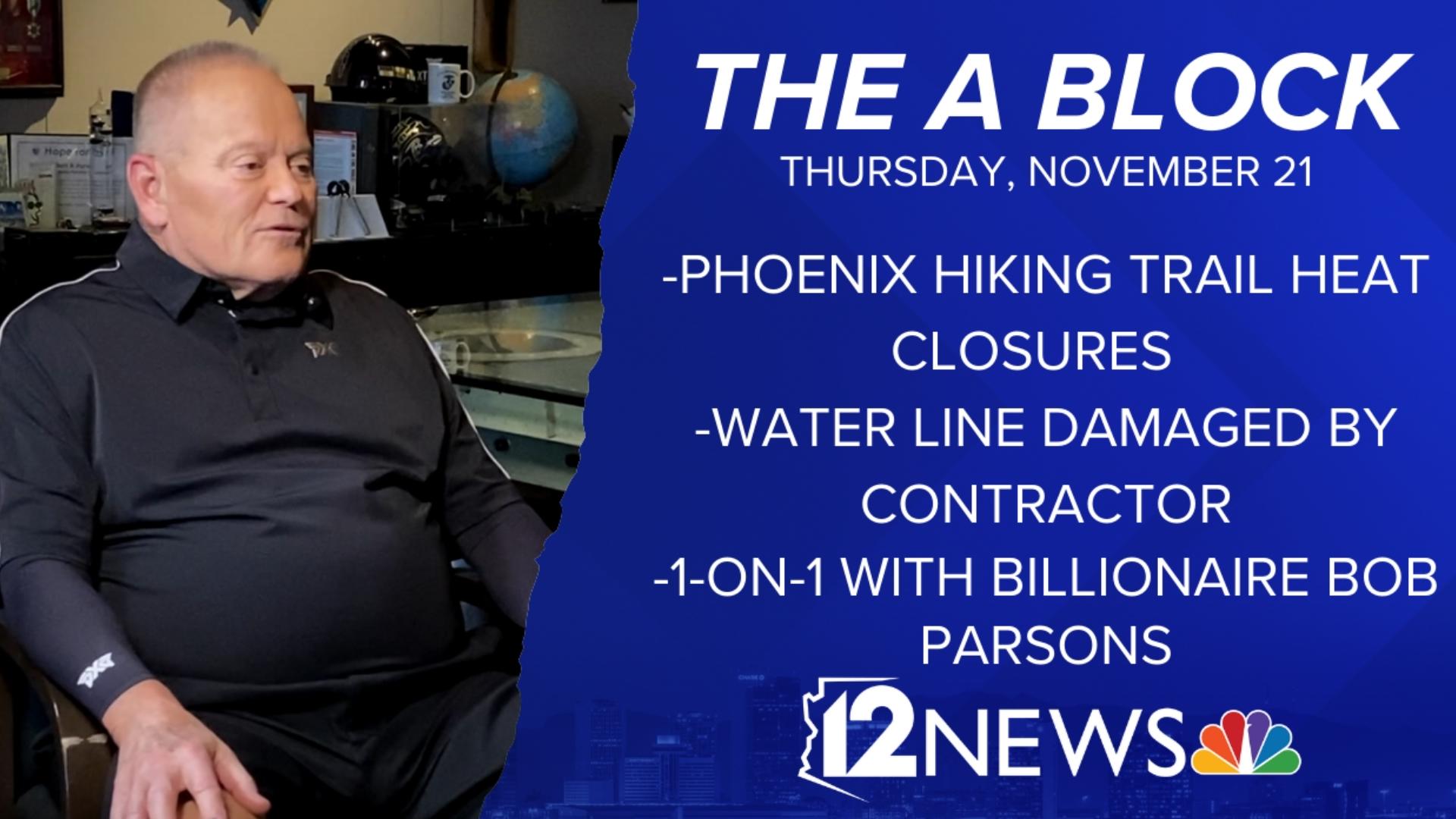PHOENIX — More than 200 people were arrested Sunday night after Arizona's first-ever statewide curfew was issued.
The curfew was made in response to protests, riots, and vandalism ignited after the death of George Floyd in Minneapolis and Dion Johnson in Arizona, both at the hands of law enforcement officers.
Many in Arizona have questions relating to the curfew and are unsure of what they can and can't do under it. Specifically, many were wondering if they will be treated differently by police officers while being stopped or pulled over when the curfew is in effect.
“Everyone maintains their constitutional rights even if there is a curfew in place," ACLU of Arizona Criminal Justice Staff Attorney Jared Keenan said. "The idea that the governor can just impose a curfew and that it would further require the public to interact with police officers in a different way sort of turns our entire system of governance on its head."
Citizens of Arizona should not be treated any differently by police officers after curfew goes into effect, according to Keenan. But, he advised people to act as polite as they can when stopped by officers, due to the police having much more power than the average citizen.
"Anytime [citizens] interact with police, they need to remember that they need to act as polite as possible so that their physical well-being is not harmed," Keenan said. "In any situation with the police, they have, by far, all of the power. They have the power to let you go with a warning, they have the power to give you a ticket, they have the power to arrest you."
While treatment may not be different, Arizonans may experience an increase in the number of interactions with police officers across the state.
"If you're lawfully going about your business, you generally have a right to be left alone by the police. This sweeping curfew ordinance just destroys that premise," Keenan said.
There are multiple exceptions that allow people to be out after curfew, such as traveling to and from work, going to get food, or taking care of a family member.
But, there is no way to know whether individuals are exempt from the curfew until the police stop them, Keenan said. Under the statewide ordinance, the powers of police have been expanded to allow officers to stop anyone for any reason, given they are out after curfew.
Specifically, Keenan said that people of color, who are disproportionately imprisoned at higher rates in Arizona than white people, may see an increase in unwanted interaction with police.
"The problem is that any time, almost every time, the police are given additional powers to stop, search, and arrest folks, the impact is disproportionately felt by communities of color," Keenan said.
If people do find themselves being detained by police after curfew and believe their rights have been violated, Keenan suggested filling out a legal intake form on the ACLU of Arizona's website.



